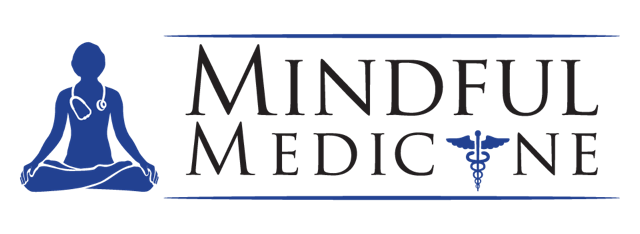Bedside manner. What an understated term for a doctor’s ability to relate with another human being. While looking around online to research what differentiates “good” bedside manner from “bad,” I came across this gem written in 1892.
“The true basis of the good bedside manner is a large heart. Some expansiveness of the intellect is undoubtedly an advantage but a humane and sympathizing nature outweighs all other qualities.” JAMA Vol. XVIII No. 7, Feb 13, 1892
How do we cultivate having a “large heart?” It does not seem to result from having a large head. Ego and preoccupation with self-interest often interferes with our ability to be humane. Fortunately, the metaphorical heart is a muscle that can be developed and strengthened through the right kind of exercise.You know what’s coming next…
Contemplative skills such as mindfulness and compassion have been growing and strengthening hearts for thousands of years. We now know more than ever about how the “heart” is literally in the brain. Mindfulness and compassion training has been demonstrated to change the structure of the brain in areas related to empathy, sustaining positive emotions, attentional regulation, and emotional regulation. These are key bedside manner skills and can be developed into enduring traits. The metaphorical heart is literally in your head, and it is biologically who you are. Your bedside manner is more than something you do, a way to simply be better at your job. It is an expression of your brain, your wellness, your character, of you as a human being. So bring your full humanity and large heart to what you do. Because when you do, that is who you are.


